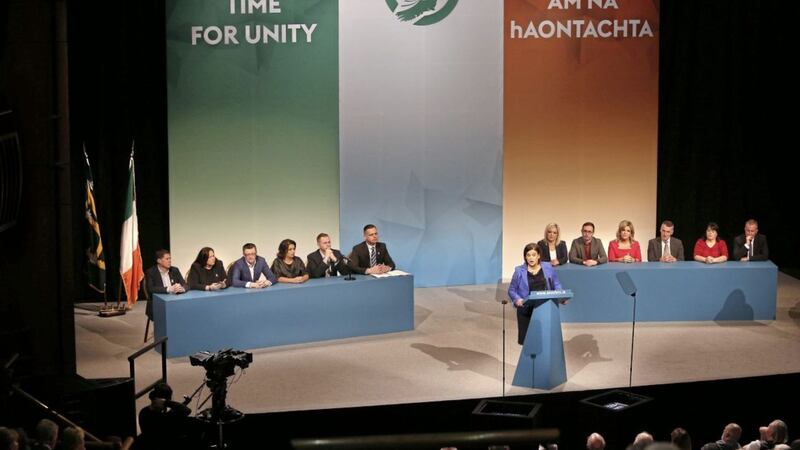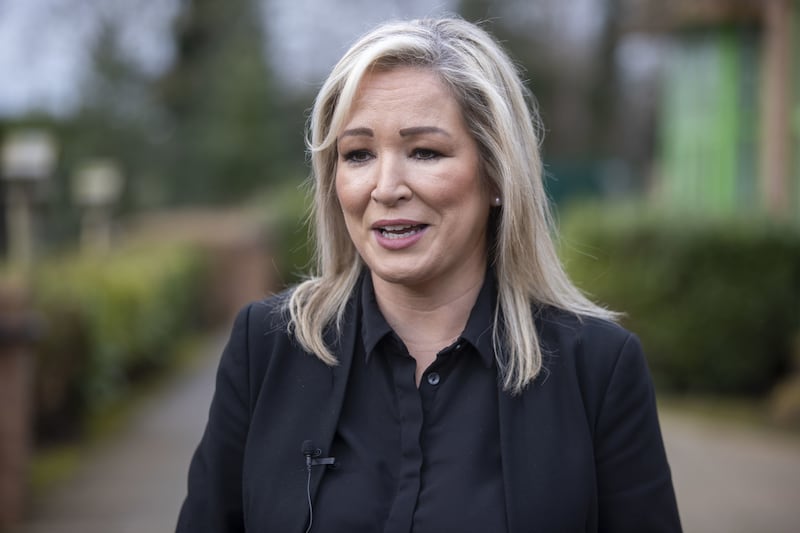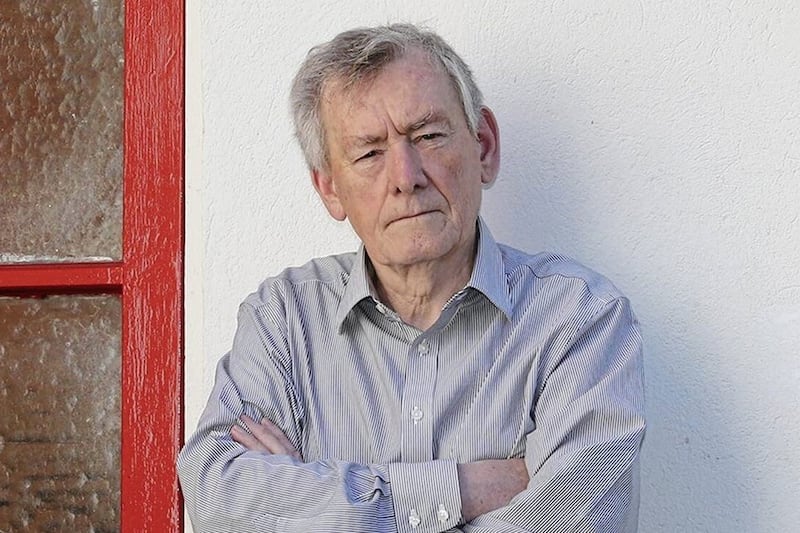THERE was an elephant in the room at the Sinn Féin ard fheis but much in the same way the DUP avoided mentioning Brexit in its election broadcast, the subject of John O’Dowd’s challenge for the party’s deputy leadership wasn’t spoken of, publicly at least.
The former Stormont education minister even addressed delegates with a speech that made no direct reference to an election in which he was one of only two candidates.
“Media reports of my demise have been much exaggerated,” he said, to the audience’s amusement, but beyond that allusion, omertà prevailed.
The result was announced by Alex Maskey in a manner that reflected the contest itself – distinctly low key.
As widely predicted, Michelle O’Neill was re-elected as Sinn Féin vice-president, the margin of victory not yet publicised. Was it a landslide or was it close run? We may never know.
Clearly the modernisation of the party that many members desire, including more open, transparent internal elections in which candidates get to sell their case at hustings events, still has some way to go.
Read More: John O'Dowd won't be punished for deputy leader challenge says Sinn Féin leader
There appears to be a growing groundswell within the party, driven primarily in the south where Sinn Féin’s membership has expanded rapidly in recent years, but it appears to have met resistance, for now at least.
The motion passed on Friday night that tasks the Sinn Féin ard chomhairle with reviewing how the leadership team is elected may well be the start of a process that ushers in a new era for a party whose internal workings remain opaque.
But like the final result of Saturday’s deputy leadership contest, we and the Sinn Féin membership may never know its outcome.
Elsewhere, the ard fheis was a rather flat affair, lacking the emotion and passion that characterised its two immediate predecessors.
In February 2018, the party’s gathering in Dublin, the first in decades without Martin McGuinness, saw Gerry Adams pass the leadership to Mary Lou McDonald, while in Belfast later last year the divisive debate around abortion was the main preoccupation.
This year, the relatively subdued debates centred around the potential for entering a coalition in the south, combatting climate change and safeguarding workers’ rights.
Foyle candidate Elisha McCallion, who in next month’s Westminster election is defending a narrow majority against a challenge from SDLP leader Colum Eastwood, played a prominent role in the proceedings in her home city.
Brexit and its potential to precipitate Irish unity continues to give Sinn Féin momentum but this comes with an acknowledgement that this process requires broader support.
It could be argued that support will be more forthcoming when the party fully subscribes at least to a transparent contest for electing its leadership.








